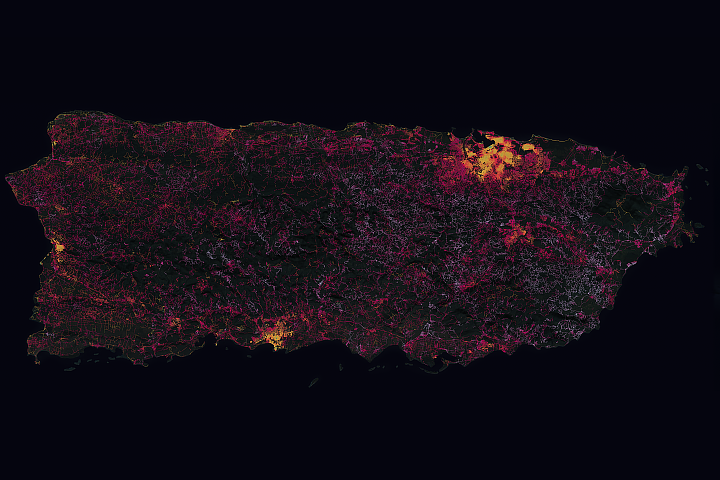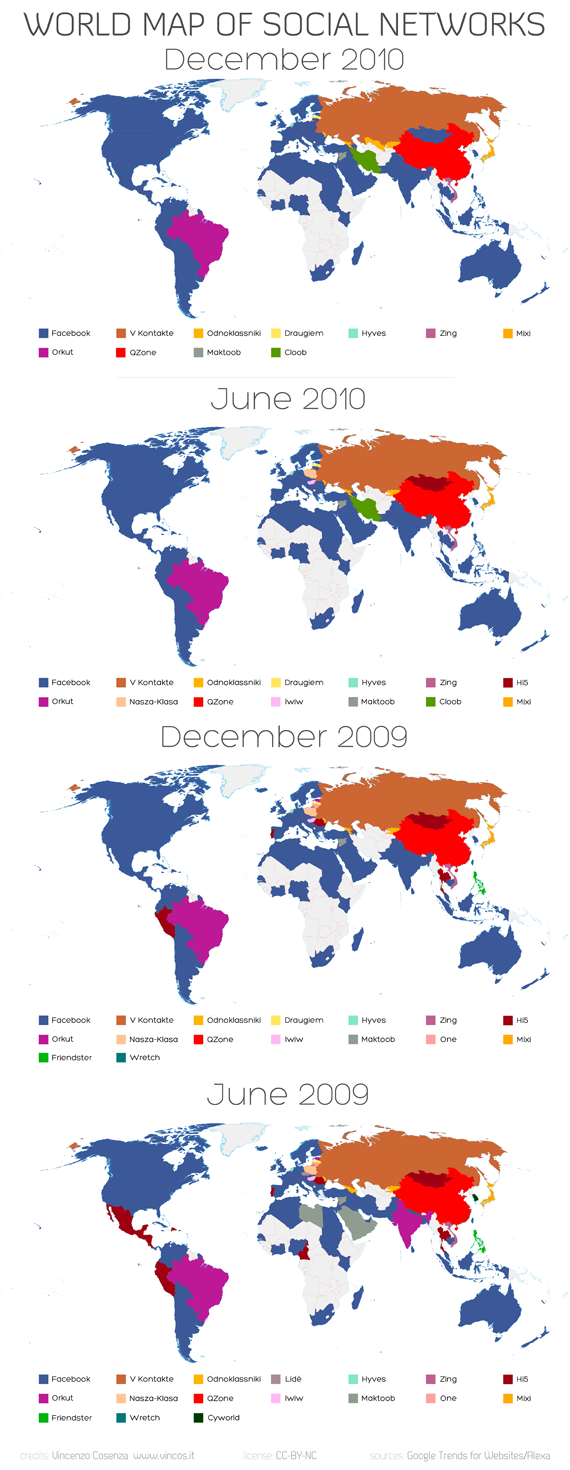The Americas
Agrarian reform in Brazil
This land is anti-capitalist land
Apr 26th 2007 ASSENTAMENTO MANOEL NETO AND BRASÍLIA
From The Economist print edition
An erstwhile fight to end rural feudalism is becoming a political campaign against agribusiness
AP

 Conflict in the countryside has ebbed but hardly stopped (see chart). For the MST, the demand for land reform is nearly bottomless and the conflict with industrial farming irresolvable. Mr de Oliveira reckons that 5m families—around an eighth of the population—are candidates for land redistribution. “Monocultures” like eucalyptus for paper, sugar cane for ethanol and soya degrade the environment, reduce the food supply in Brazil and drive labourers and small farmers off the land, he claims.
Conflict in the countryside has ebbed but hardly stopped (see chart). For the MST, the demand for land reform is nearly bottomless and the conflict with industrial farming irresolvable. Mr de Oliveira reckons that 5m families—around an eighth of the population—are candidates for land redistribution. “Monocultures” like eucalyptus for paper, sugar cane for ethanol and soya degrade the environment, reduce the food supply in Brazil and drive labourers and small farmers off the land, he claims.














No comments:
Post a Comment